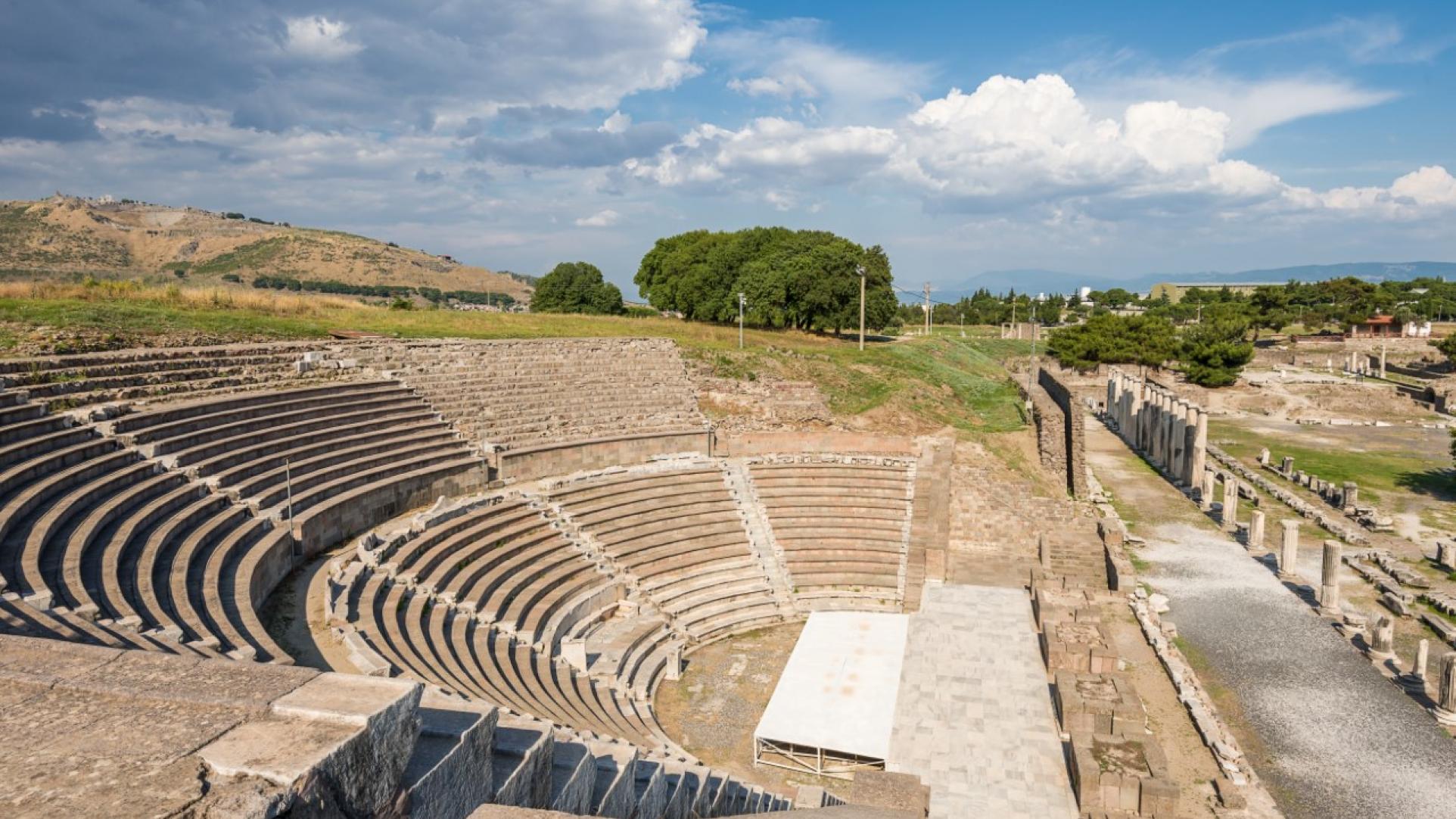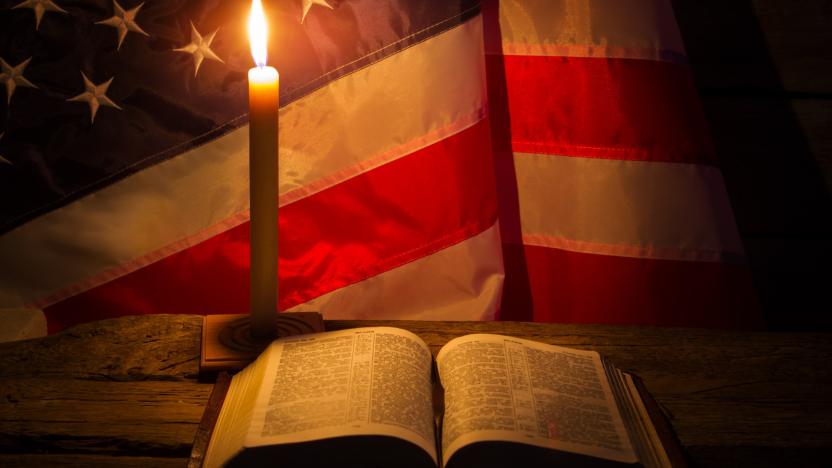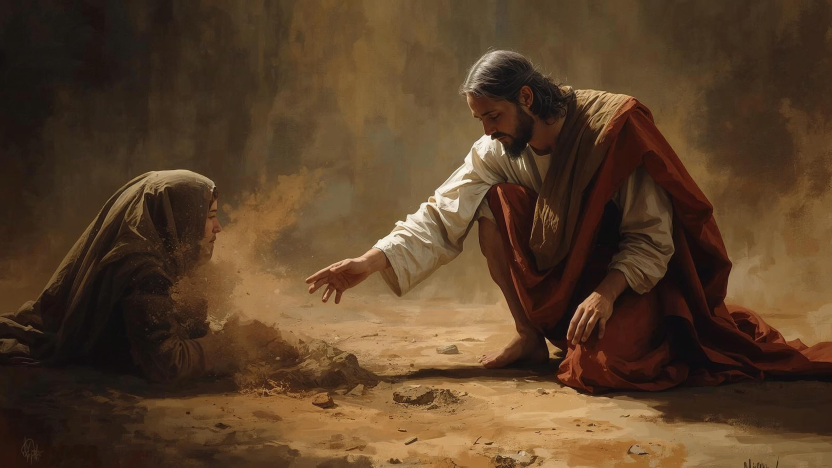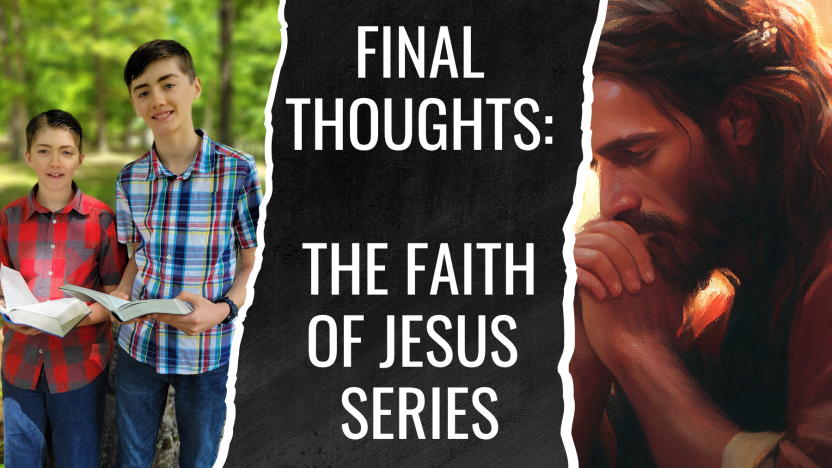Christ's third letter of encouragement and rebuke to a church in Asia Minor was addressed to the Christians in Pergamos, a regal city standing 1,000 feet above sea level whose name may mean "citadel." A famous temple of Zeus generated revenue for the city, and worshippers from across the Roman Empire came to worship a live serpent housed inside. Mysticism and black magic were also popular. A cult of emperor worship originated in the city, and it soon become required for all citizens to burn incense to all emperors, past and present, to demonstrate one's undying loyalty. Permamos was a challenging place to live for any Christian, and a location that Christ called "Satan's seat" (Revelation 2:13 KJV).
Many Christians in Pergamos defied their city's idolatry, even to the point of giving their lives. Tradition records that Antipas, a contemporary of John the Revelator, was slowly burned alive inside a brass bull. Antipas's experience and the experiences of many Christians in Pergamos would be echoed during the Middle Ages, when Christianity was elevated by the emperor Constantine but was also mingled with pagan practices that contradicted biblical teaching. The worship of a pantheon of deities transferred to the worship of particular saints. Holidays were given Christian names. Christian beliefs were blended with the philosophies of Plato, Socrates, and Aristotle. And anyone who refused to conform to the teachings of the central religious authority was hunted down and persecuted.
The Christians of Pergamos faced a dilemma reminiscent of Balaam's, who was forced to choose between following God's command and receiving worldly riches. Though Balaam blessed Israel, he also turned them away from God by introducing idolatrous practices (Numbers 31:16). The Christians of both Pergamos and the Middle Ages were forced to choose between spiritual wealth and material gain.
Despite their compromises, Christ loved His followers in Pergamos, and He offered beautiful promises to all who conquered the temptations they faced. "To him who overcomes I will give some of the hidden manna to eat. And I will give him a white stone, and on the stone a new name written which no one knows except him who receives it" (Revelation 2:17). The promise of manna reminded faithful Christians that God could provide for the material needs of His people in all circumstances, even in the desolate wilderness. The promise of a white stone carried meaning in several ancient customs, from Greece, where jurors cast a white stone as a vote of a defendant's innocence, to Arabia, where white stones were be broken in two to be used as passport and form of identification. White stones were also given as awards in athletic competitions.1
Spiritual Integrity or Material Gain?
Christ's encouragements and rebukes to the Christians of Pergamos apply to us today as well. We too face the choice between spiritual integrity and material gain. It is easy to follow the customs of the world, easy to rationalize that our actions do not impact our true, Christ-like faith. It is difficult to imitate Christ's example no matter the cost. But if we do, Christ promises us rich rewards with far greater meaning than worldly fame, riches, or safety. What a glorious privilege it will be to eat from the hidden manna placed before God's throne, be declared innocent and a victor, and welcomed into God's kingdom with open arms! What in this world is preventing you from following Christ to the fullest?
Read Chapter 2 Verses 12-17 in Full and Then Reflect on the Following Questions:
- What specific deeds does Jesus praise some of the Christians of Pergamos for? See Revelation 2:13.
- Like Antipas, what were other instances of people who gave their lives for Jesus rather than transgress His law. See Matthew 14:1-12, Acts 6-7, and Hebrews 12:37.
- Before Jesus returns, are we to expect persecution? See Matthew 24:21-22 and 1 Peter 4:12-13.
- What should our attitude be when facing persecution? See Matthew 5:10-12 and 1 Peter 4:12-14.
- What specific rebukes does Jesus have for other Christians in Pergamos? See Revelation 2:14-15.
- Read the story of Balaam in Numbers 22. What was the doctrine of Balaam? See Revelation 2:14, 2 Peter 2:15, and Jude 11.
- What does Christ promise to those that overcome the temptations around them? Note that there are three beautiful promises within one. See Revelation 2:17.
- The hidden manna from heaven is both literal and symbolic. How do Exodus 16:14-36 and John 6:32-35 describe it?
- A white stone symbolizes innocence. We will receive a literal white stone in heaven, but this promise can also be claimed today. We experience justification, being made right with God and declared innocent, when we repent of our sins and accept Jesus as our Savior. It is immediate! What do the following verses say about the beauty of forgiveness and justification? See 1 John 1:9, 1 John 2:1, and Romans 5:1.
- A new name denotes a new nature as well. While we won’t receive our new name until we get to heaven, God wants to give us a new nature now. This is sanctification, an ongoing process that makes us holy. What do the following verses say about the beauty of sanctification? See Philippians 1:6, 2 Corinthian 5:17, and 2 Peter 3:17-18.
- We will struggle with sinful impulses on this earth, but we when undergo glorification at Jesus’ Second Coming, our sinful natures will be completely removed. We will be given a new name with a new and different character, reflecting God Himself. What does Isaiah 62:2, Isaiah 65:15, and Revelation 3:12 tell us about this new name and character?
Unless noted otherwise, scripture taken from the New King James Version®. Copyright © 1982 by Thomas Nelson. Used by permission. All rights reserved.
- Uriah Smith’s Daniel and the Revelation, Pg. 146; Roy Allen Anderson’s Unfolding the Revelation




